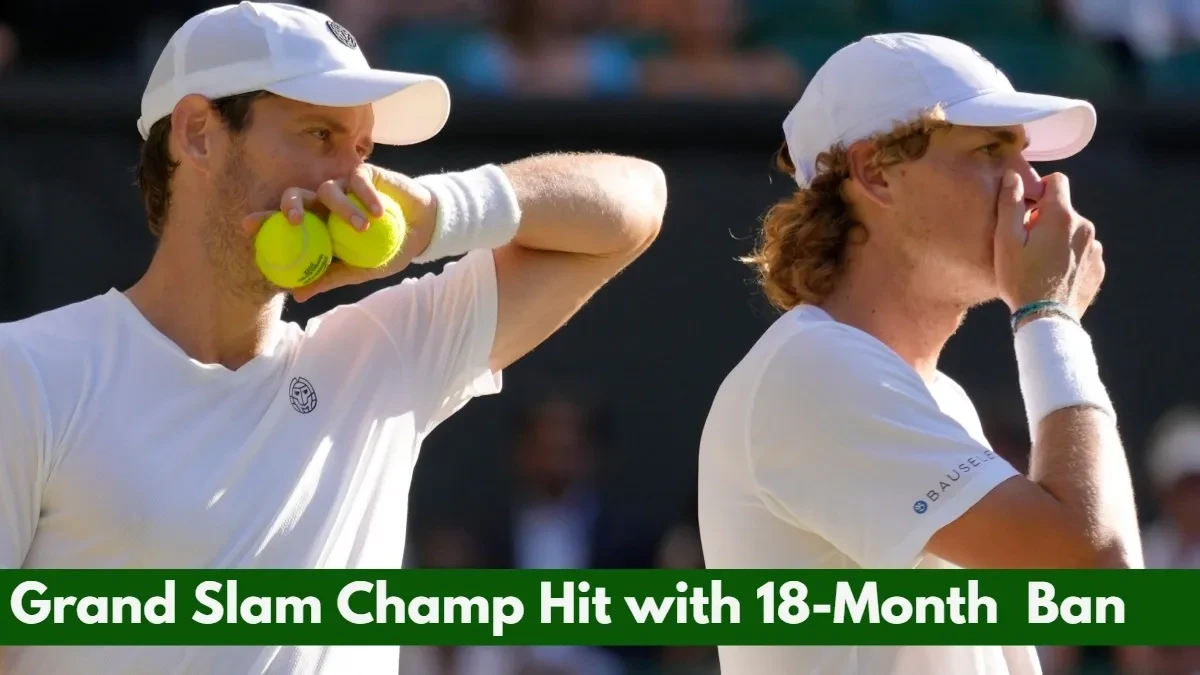Australian tennis star and Grand Slam doubles champion Max Purcell has accepted an 18-month suspension for breaching anti-doping regulations, becoming the latest high-profile name to fall foul of tennis’s stringent anti-doping framework.
The 27-year-old, who is the reigning US Open doubles champion and a Wimbledon 2022 winner, admitted to a violation of Article 2.2 of the Tennis Anti-Doping Program, which concerns the use of a prohibited method.
The breach stems from Purcell receiving two intravenous (IV) infusions of more than 500ml each in December 2023 while in Bali. Under the World Anti-Doping Code and the Tennis Anti-Doping Programme (TADP), athletes are not allowed to receive IV infusions of more than 100ml within a 12-hour window unless they are given in hospital or in specific medical circumstances. Although the substances administered were not performance-enhancing and approved by WADA, the volume itself constituted a violation.
The International Tennis Integrity Agency (ITIA) acknowledged that the breach was unintentional and took into account Purcell’s full cooperation, reducing his sanction by 25%. He had already entered a voluntary provisional suspension in December 2024, meaning he will be eligible to return to the sport on June 11, 2026. Until then, he is barred from playing, coaching, or attending any tennis event governed by the anti-doping code.
In a candid Instagram post, Purcell opened up about the emotional toll the prolonged proceedings had taken on him. “This case has been going on for months, seriously affecting my quality of life, from being unable to sleep and eat properly and refusing to be by myself, to developing nervous and anxious tics, which I still currently battle day to day,” he wrote. “I’m so glad this is finally over for me and I can move on with my life.”
Purcell also emphasised the circumstances surrounding the violation. He explained that the IVs were administered at a medical facility in Bali after he felt severely fatigued from training and fell ill. “It was 11 days prior to my first match of the season and was also administered at a 24/7 medical facility in a third-world location after feeling unwell and fatigued from training,” he said.
Karen Moorhouse, CEO of the ITIA, used Purcell’s case to highlight the broader scope of anti-doping enforcement. “This case does not involve a player testing positive for a prohibited substance but demonstrates that the anti-doping rules are broader than that,” she said. “It also shows the ITIA considers intelligence from a range of sources with the overriding aim to protect everyone covered by the tennis anti-doping rules, and ensure a level playing field for all.”
Purcell’s suspension follows recent sanctions involving other top players, including Jannik Sinner and Iga Swiatek, who were banned for three and one month respectively for unrelated doping infractions.
